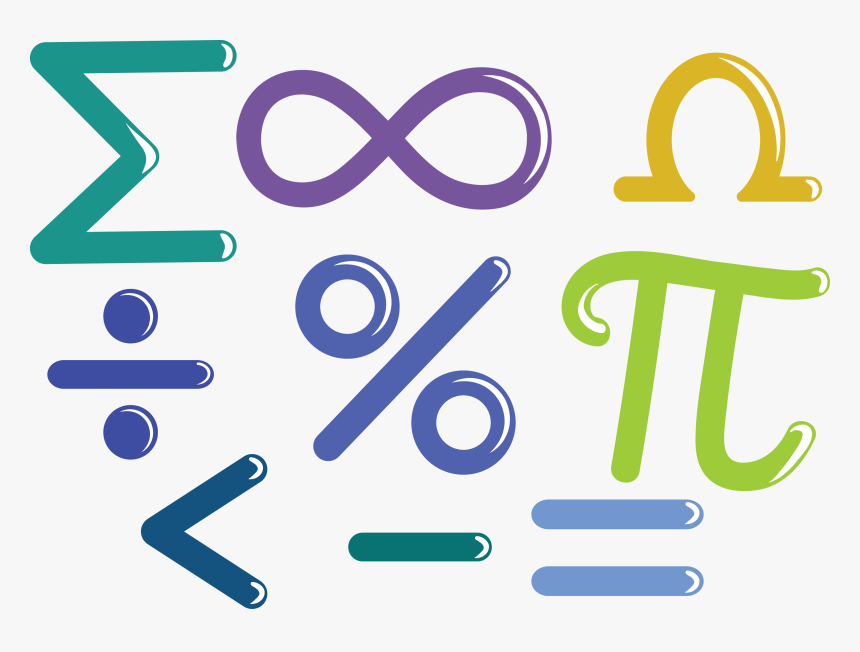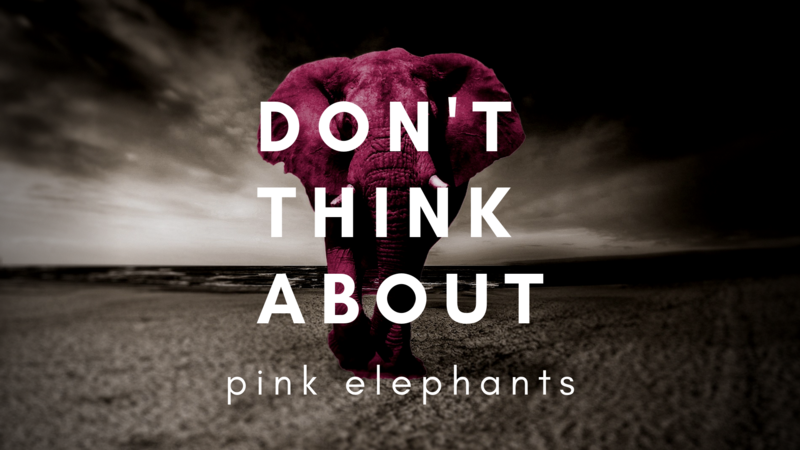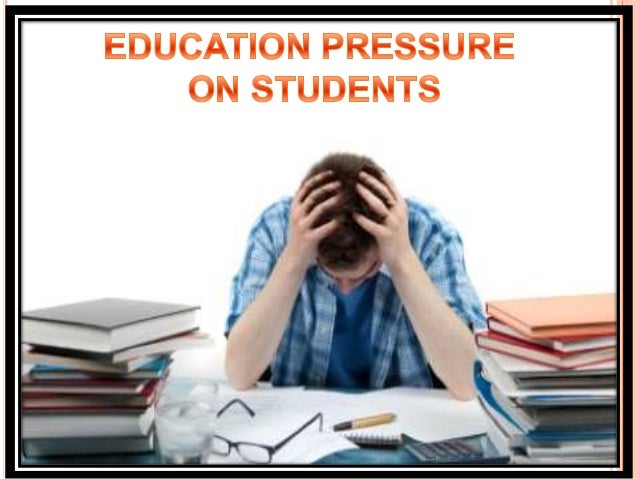There are some pretty amazing teachers out there. I know. I worked in a school for a short time and even studied teaching. Plus the fact that I love learning and you know that when the student is ready, the teacher appears. I admire and want to emulate so many of their attributes. Everything from being super organized and efficient to being inspiring and intuitive to the student’s needs.
Some of the great pioneers in education explored new methodologies and philosophies in attempts to reach the heart and educate the mind. Educational philosophies like Maria Montessori and Charlotte Mason. Textbook writers (that have stood the test of time) like William McGuffy or Euclid. Education Reformers like Thomas Jefferson and Emma Willard. (I can’t quite be grateful for Horace Mann or John Dewey yet). And don’t forget the classroom teachers who mold and shape the intellect of the student like Anne Sullivan and Jaime Escalante.
I applaud them. I am especially grateful for their contributions so that I don’t have to reinvent the wheel as I prepare to teach. In my own search for the ideal manner to educate, I look to these leaders for their experience and wisdom. I also look to THE master teacher. The one who built the ultimate classroom and provided the best learning opportunities for all students. That of course is Jesus Christ. His methodology and philosophy doesn’t necessarily deal with schedules or curriculum. You might compare it to unschooling - it is a very freedom- based (agency) philosophy with invitations to learn (commandments) as the student is willing.
His Teacher’s Aid is the greatest teacher out there.
Meet Adversity.
Adversity has a multiplicity of names like hardship, trial, suffering, and affliction - though not as many ways in which to experience it. Everything from the minor effects of difficulty to life altering effects of catastrophe.
I know that may sound counterintuitive - the tool of the
Adversary to make life difficult and even deteriorating, is helpful at
accomplish what is on the Savior’s curriculum. But in reality, it is the risk,
the opposition, the potential for failure, which allows His methodology to work
so effectively.
You’ve all heard the cliché expressions before. With every
loss, there is something found. When God closes a door, he opens a window.
There is always something seen and something not seen. Can you feel the hope or
silver lining when things are challenging or even down right desperate?
I recall my lowest points – hmmm… would that be the years of
deaths or the years of scarcity. Anyway, there was one particular incident
where I felt totally alone and forsaken and it was just plain hard. Finances
were very tight. I had (and always try to have) lived the law of God’s finance
- tithing. I had prayed and fasted for deliverance. I even put my shoulder to
the wheel and taken a seasonal job. This required that some days, I would get
up at 5:00 am to donate plasma in order to have gas money to get to the job
which was 30 minutes away. I couldn’t afford lunch, so I had to make biscuits
during the few moments I was at home. The job was not difficult but it was LONG
hours and very monotonous, which made it more difficult to want to stay
engaged. My children and home stewardship were sorely neglected. And after
working until midnight or 2:00 in the morning, I was totally exhausted. It was
pretty difficult to see hope in the midst of the experience, but the hope at
the end was that the promised high paying work would more than compensate for
the sacrifice to acquire it. When the check finally came in the mail about a
month later – I opened it and just stared at the dollar amount. I couldn’t
believe it. I recall going somewhere private and I just sobbed and sobbed for
hours, days actually. Here I had been sacrificing and trusting that if I did my
part, the Lord would take care of my needs. But that check was totally
inadequate for my needs. And to make matters worse, other workers, who seemed
at more leisure (lived closer, bought lunch, etc) got paid more than me because
of their position. All the stress and time and burden and sacrifice all seemed
for bunk. Of course, that reinforced some pretty deep hurts and false beliefs about
my personal value and whether I was being supported above. It really hurt.
In retrospect, eventually I did gain a lot from that
experience, even though it wasn’t a financial gain. Some of the pivotal lessons
were patience (That seems to be the TA’s favorite lesson, I think), diligence,
sacrifice, forgiveness, gratitude, looking for tender mercies, emotional
release, quieting the negative voices in my mind, returning to faith, and a
portfolio of maturing experiences, among other things. There is no way I could
have learned those lessons through study, even if I studied the lives of other
people’s challenges. No textbook, or philosophy, or lecture, could teach that
as effectively as experiencing the adversity had done.
I know our natural inclination is to desire peace and prosperity - an even status quo. Unfortunately, we forfeit growth when we experience the calm of our comfort zone without first experiencing the discomfort of challenges. The opportunity cost is great indeed.
I have always felt that the organic, hands-on, applicable-to-the-student
type lessons are the preferred method of learning. Worksheets, textbooks, story problems,
lectures, puzzles or curiosity, assignments, and testing pale in comparison to
the life-altering lessons provided by challenges.
.jpg)
/wall-murals-chalk-board-green-ready-to-learn-eraser-daycare-preschool.jpg.jpg)

















